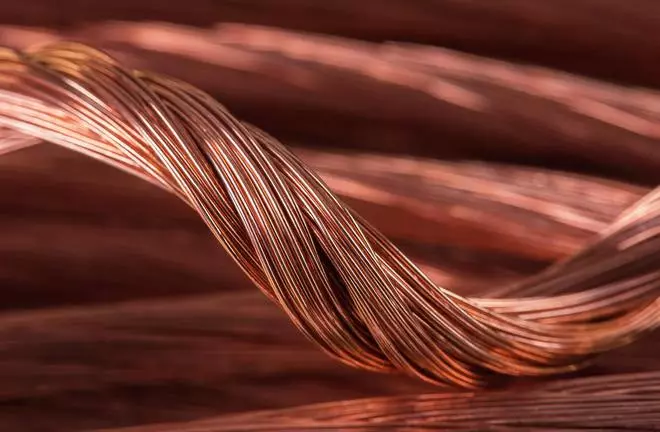The Ministry of Power has told Parliament that it plans to set up 80,000 MW of thermal (coal) power plants by 2031-32, including 29,200 MW under construction and 51,250 MW “at various stages of planning and development”.
India’s installed electricity generation capacity has doubled in the last ten years — 2,22,500 MW were added since April 2014 — to reach 4,54,452 MW. Also, the ‘aggregate technical and commercial’ (AT&C) or transmission loss dropped from 25.5 per cent in 2012-13 to 15.37 per cent in 2022-23. Furthermore, the gap between the average cost of supply and average revenue realised has declined from 84 paise a kWhr in FY2013 to 45 paise in FY2023, the ministry informed Parliament.
Broadband-plus-power supply

To augment broadband availability, especially in rural areas, the Ministry of Power, on the suggestion of the Ministry of Communications, has asked Powergrid Corporation of India, as well as State transmission utilities to tweak the technical specifications of their transmission projects to “support laying of at least 48 fibres of ‘optical ground wire’ (OPGW), instead of 24 fibres”. This is meant for “leasing of additional fibres for the use of telecom service providers and internet service providers”.
Aavishkaar startup summit

More than 300 startups and 700 stakeholders participated at the recent Sankalp Bharat Summit held by the Aavishkaar Foundation in Varanasi.
Themed ‘From India to the World: Impact unicorns shaping the future’ and hosted in Varanasi for the first time, the summit featured speeches by Dr V Anantha Nageshwaran, the government’s Chief Economic Advisor; Amit Chandra, Chairman , Bain Capital; Archana Jahagirdar, Rukam Capital; Satya Prakash Singh, SIDBI; and Goverdhan Singh Rawat, NABARD.
Sankalp Forum was initiated in 2009 by Intellecap, part of the Aavishkaar Group, to create an ecosystem for business-led inclusive development. Over the years, Sankalp’s enterprise-focused platform has showcased and discovered over 2,780 entrepreneurs across 35 editions and connected them to more than 1,000 investors. It has helped raise over $800 million funding and disbursed over $1.2 million cash grants, according to a press release.
Copper body backs solar stoves

The International Copper Association, India, is pushing for solar induction cookstoves. “By promoting the widespread adoption of these cookstoves, the government can transform cooking practices, benefiting millions and fostering a greener future,” Mayur Karmakar, Managing Director of the association, writes in Akshya Urja, the Ministry of New and Renewable Energy’s in-house magazine.
Why is a copper body interested in boosting the adoption of solar cookstoves? Because “leveraging copper in clean cooking will be key to achieving health and environmental goals”, Karmakar writes, extolling the virtues of copper.
“Copper’s outstanding electrical conductivity is fundamental to the efficient operation of solar induction cookstoves. Copper, with its low electrical resistance, ensures that this transfer occurs with minimal energy loss, which is crucial for maximising the use of solar power, especially in off-grid or rural areas where energy conservation is essential,” he says.









Leave a Comment